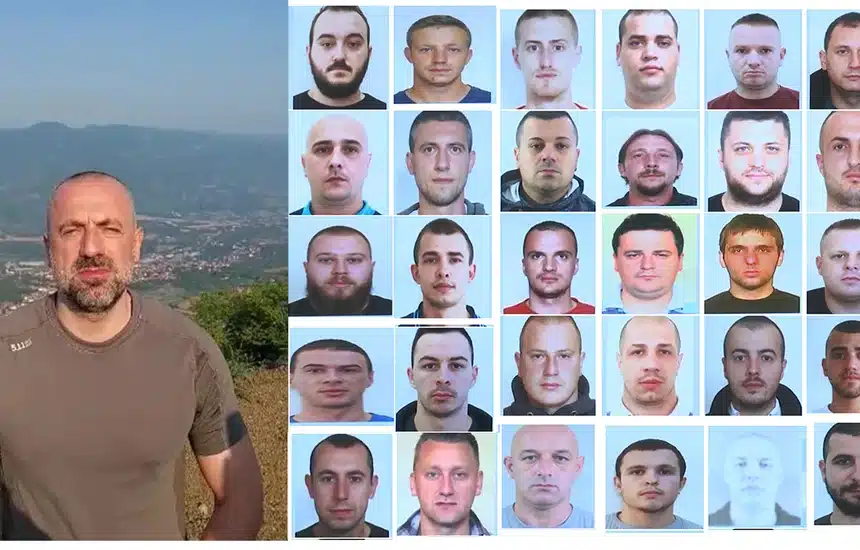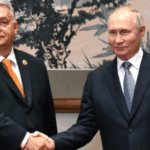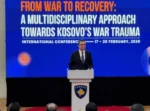Mark Lancaster, a rapporteur at the NATO Parliamentary Assembly, included in his draft report presented today at the spring session of this mechanism in Sofia, a report stating that KFOR officials had negotiated the withdrawal of a portion of the group of armed Serbian attackers in Banjska.
The draft report “The Western Balkans: New Security Challenges on NATO’s Doorstep” also includes data from the International Crisis Group’s report (April 2), detailing the late September 2023 attack.
“After a brief period of de-escalation during the summer, in September 2023, about 30 armed men clashed with the police in Banjska in northern Kosovo and barricaded themselves inside a Serbian Orthodox monastery, resulting in a standoff that left one police officer and three attackers dead.
KFOR officials negotiated the withdrawal of the remaining group into the surrounding mountains, through which they disappeared. Kosovo authorities believe that potentially hundreds of other fighters were hiding in the mountains between Banjska and the border with Serbia and have discovered a large arsenal of weapons, capable of causing significant damage and casualties – including anti-tank rocket launchers, mortar and grenade launchers, anti-tank mines, and 24 vehicles (one armored),” the presented draft report states.

This draft report was presented on the second day of the NATO Parliamentary Assembly’s proceedings
The agenda includes the issue of advancing Kosovo’s status from observer to associate member.
Normalizing relations between Kosovo and Serbia, security challenges, and the threat of conflict are other issues mentioned in this draft report.
During this session, Kosovo expects a successful vote on Monday to advance its status from observer to associate member of the Parliamentary Assembly.
Lord Mark Lancaster, a representative from the United Kingdom, has called for allies to consult on Kosovo’s status in this mechanism.
“Allies should use consultative frameworks to advance the issue of Kosovo’s status. Those who do not recognize Kosovo’s status might consider Kosovo’s participation in NATO and the Partnership for Peace,” said Lancaster.
A day earlier, the head of the Kosovar delegation to the NATO Parliamentary Assembly, Driton Hyseni, had expressed the expectation for a successful vote to advance Kosovo’s status in this mechanism.
However, the Speaker of the Serbian Parliament, Ana Brnabić, has launched a campaign to prevent this by sending a letter to the head of the Croatian delegation, emphasizing that advancing Kosovo’s status would have negative political and security consequences.
The NATO Parliamentary Assembly is institutionally separate from NATO but serves as an important link between NATO and the parliaments of member countries. It consists of 281 delegates from the 32 NATO member countries.
In addition to them, delegates from 9 associated countries, 4 Mediterranean associate countries, and 8 parliamentary observer delegations also participate in its activities.







